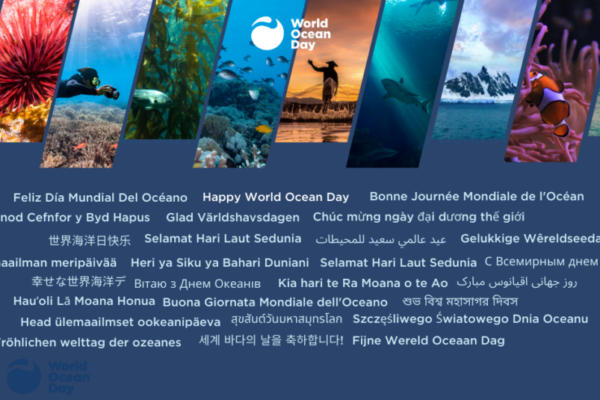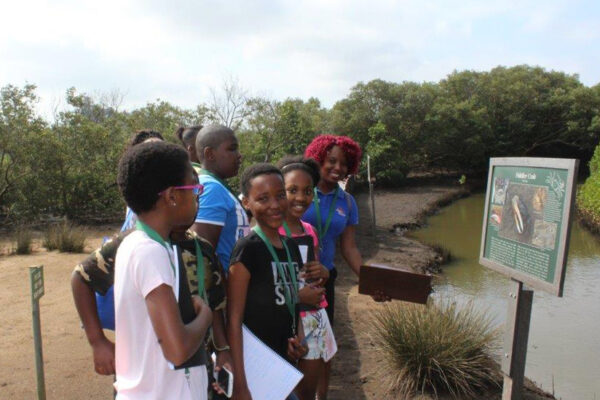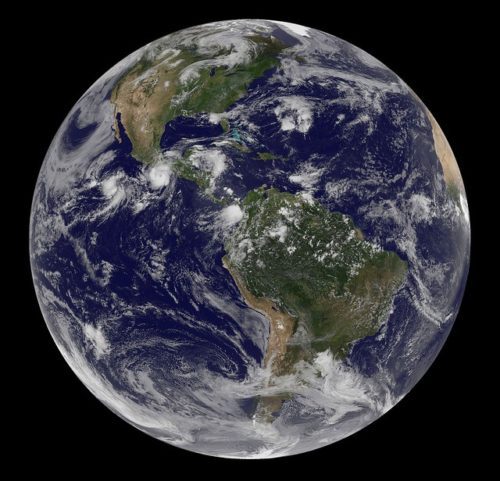This is the first in our series of posts about World Oceans Day events at zoos, aquariums, museums, and other visitor-serving organizations.
There has been a trend in amongst zoos, aquariums, museums and other visitor-serving organizations with more institutions than ever making conservation asks of their guests. Aquariums in particular are leading the charge, but these “asks” can be tough to make.
“We always wrestle with an “action” taken by a visitor. Even though someone says they will do something does not mean they actually will. There hasn’t really been an effective method yet created for evaluating guest action without conducting pre and post surveys over several years.”
–Melody Wood, San Antonio Zoo
A “conservation ask” or “action recommendation” is something that a person can do in their everyday life to contribute to environmental protection or conservation. As organizations that focus on animals, zoos and aquariums, in particular, can engage their visitors in environmental protection or conservation. This focus on motivating visitors to take personal action is increasingly a core goal at zoos and aquariums. But how can we encourage more zoos and aquariums to make personal action recommendations?
The opportunity is there: visitor desire to take action to support conservation is activated by close contact with wildlife in an exciting zoo or aquarium setting. Research by The Ocean Project shows that visitors want recommendations for how they personally can take environmentally-friendly action to protect animals. In fact, visitors view getting this information as an integral part of a good visit!
Special events such as Earth Day and World Oceans Day provide perfect occasions to provide visitors with ways to help make a difference. Some zoos and aquariums, as well as other visitor serving organizations find this daunting. In my discussions with AZA educators, I hear often that many do not make a “conservation ask” of their visitors due to barriers such as lack of staff time – but another big deterrent is the lack of existing framework for ask development and evaluation.
So how do we navigate this space: where visitors want recommendations for how they can act to help the animals and the environment, but we don’t necessarily have a framework in place to develop and evaluate these “asks”? One option we encourage you to take is just dive in! In the next two installments of this series, we’ll take a look at how some partners in The Ocean Project network are making “asks” right now, and give you some concrete tips for making similar asks at your own institution.
A key aim of this series is to share knowledge with the community and to hear back from you about your own experiences, and how we can best help you. This is the beginning of a conversation – not the end! I encourage you to reply to this post, either by leaving a comment or sending me an email.
Stay tuned for Part II of this series next week.



